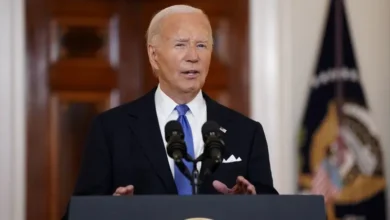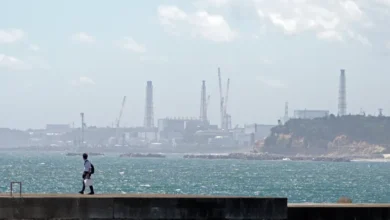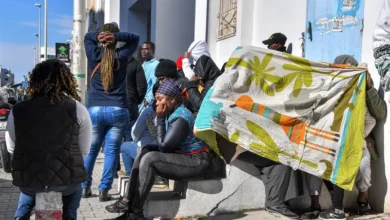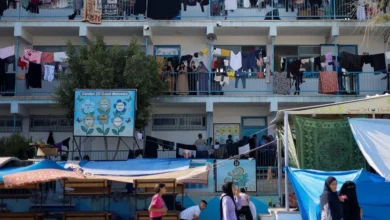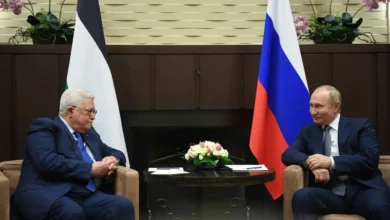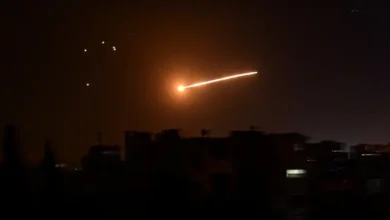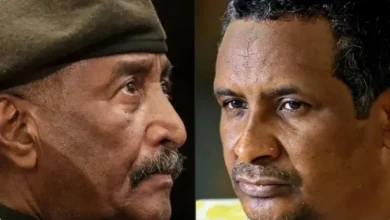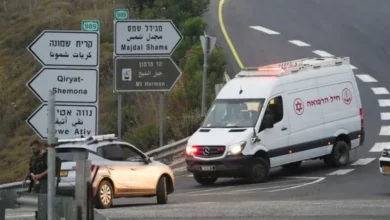Philippine farmer killings revive dark memories of martial law
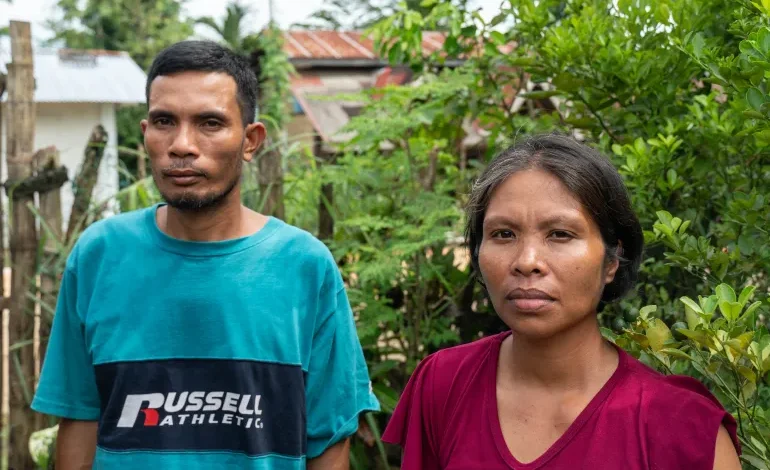
The dark evening air was pierced by the sound of an M16 gunshot. Then another. And another. In total, 53 bullet casings were found by police outside the bamboo and thatched wood house of Emelda Fausto and her husband, Roly, where they were killed on June 14 along with their children Ben, 14, and Ravin, 11.
Police and military claim the New People’s Army (NPA), an armed communist rebel group, killed the Faustos after learning that Roly, 52, was supposedly working with the military.But several relatives, including two of their surviving children, told Al Jazeera they believe the military is behind the killings. Emelda, 51, reported military harassment before her death, they said.
The police, military, and government officials are all looking for Emely Fausto, their eldest daughter. Her husband and father-in-law have been floated as potential suspects. Emely, however, insists they are innocent, and that her father was not a military asset.
“Our safety is in danger,” Emely told Al Jazeera. “We want some kind of protection.”
It’s the latest, and bloodiest, in a spree of killings on the central island of Negros that has revived memories of martial law under Ferdinand Marcos Sr, the father of current President Ferdinand Marcos Jr.
On May 3, Crispin Tingal, a farmer and peasant leader, was killed in a military operation in a rural area outside nearby Kabankalan. The military said Tingal was a member of the NPA.But multiple family members and neighbours told Al Jazeera that Tingal had been “red-tagged“, or falsely labelled as having ties to the NPA and its political wing, the Communist Party of the Philippines.
Since Marcos Jr was sworn in on June 30, 2022, 24 farmers have been killed, according to the International Coalition on Human Rights in the Philippines, which attributes the killings to state forces.
Living in fear
Roly and Emelda knew the military was watching them.The military had red-tagged the Baclayan-Bito-Cabagal Farmers and Farmworkers Association, their peasant organisation, for years.
Like many poor Negrenese farmers, the couple grew sustenance crops on idle land, a practice called “bungkalan” that state authorities have repeatedly called an act of “terrorism”.
During martial law under Marcos Sr, military forces and private armies hired by monopolistic landowners violently quashed land reform efforts. The government has failed to keep new promises of land reform in the years since, leading to the popularity of bungkalan farming and peasant unionisation efforts.Negros has been a hotbed of peasant organisation ever since, and rural farmers are frequently red-tagged.
In 2018, then-President Rodrigo Duterte issued orders sending more troops to Negros and establishing an anti-communist task force, part of his promise to wipe out rebels by the following year.
The 94th Infantry Battalion, which operates in much of northern Negros, has been accused of numerous human rights violations in the years since, including bombing civilian areas and forcibly evacuating communities outside the city of Himamaylan.
In May 2022, the battalion brought Roly to a nearby encampment, where they put a handkerchief around his neck and asked him what he knew about the NPA.
“He was interrogated and tortured,” Emely Fausto said. “When he refused to answer, it was tightened to suffocate him.”
